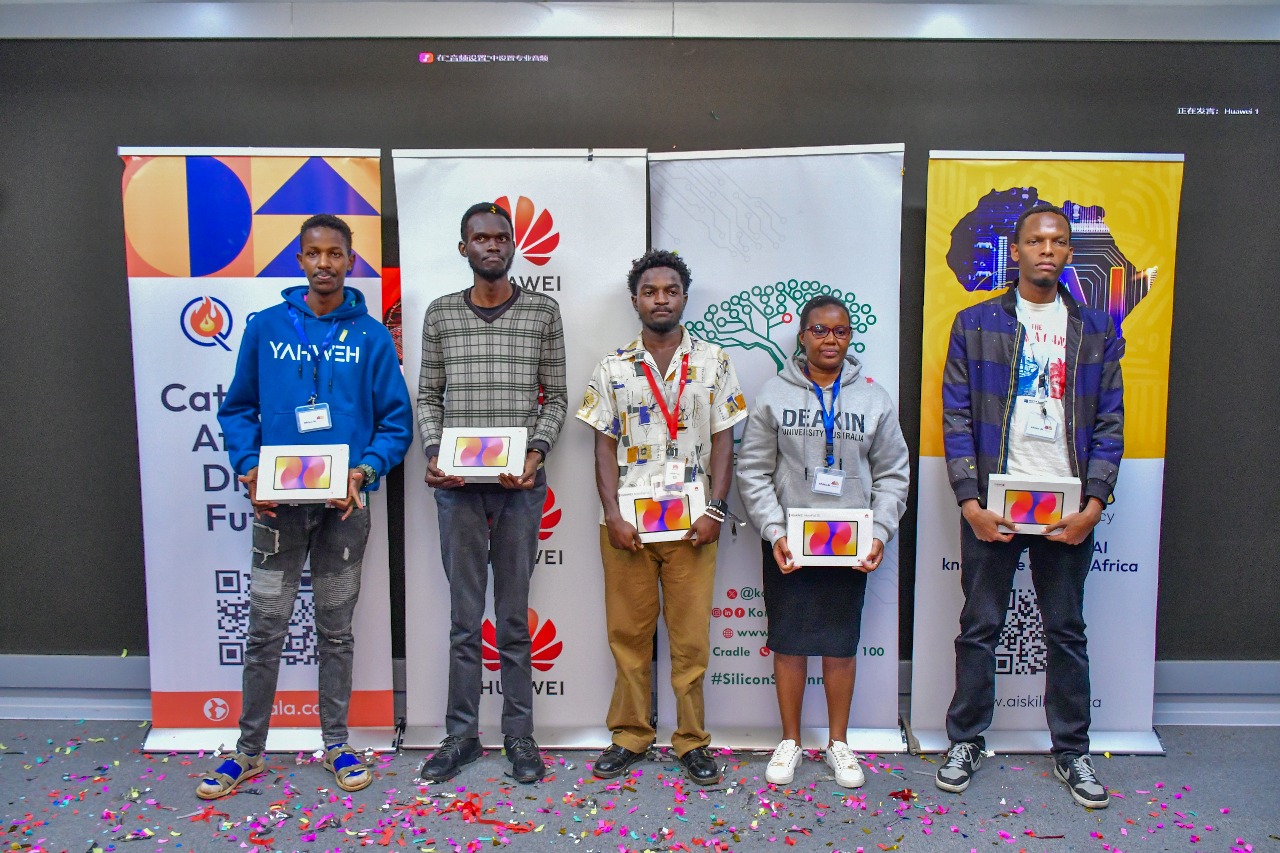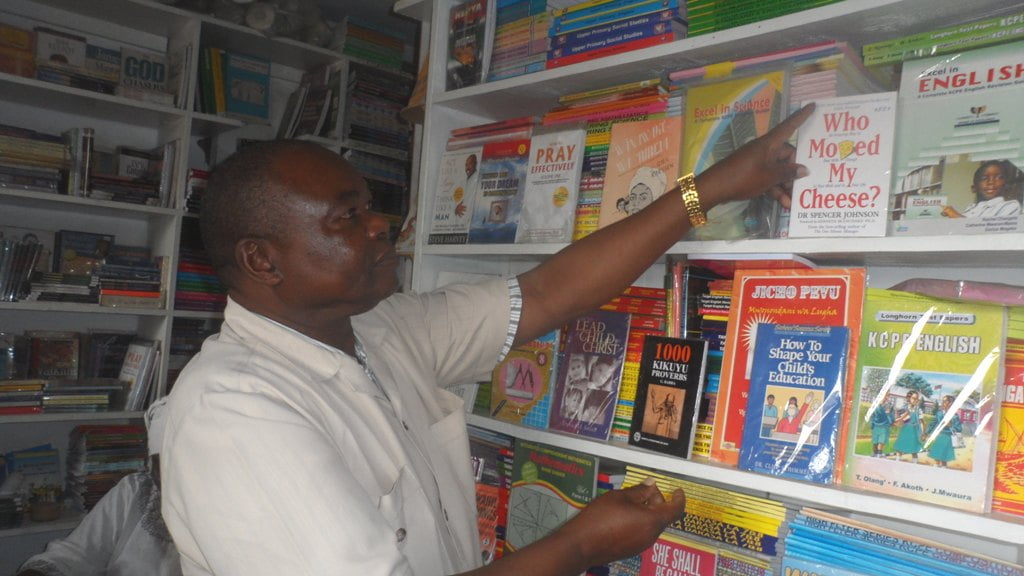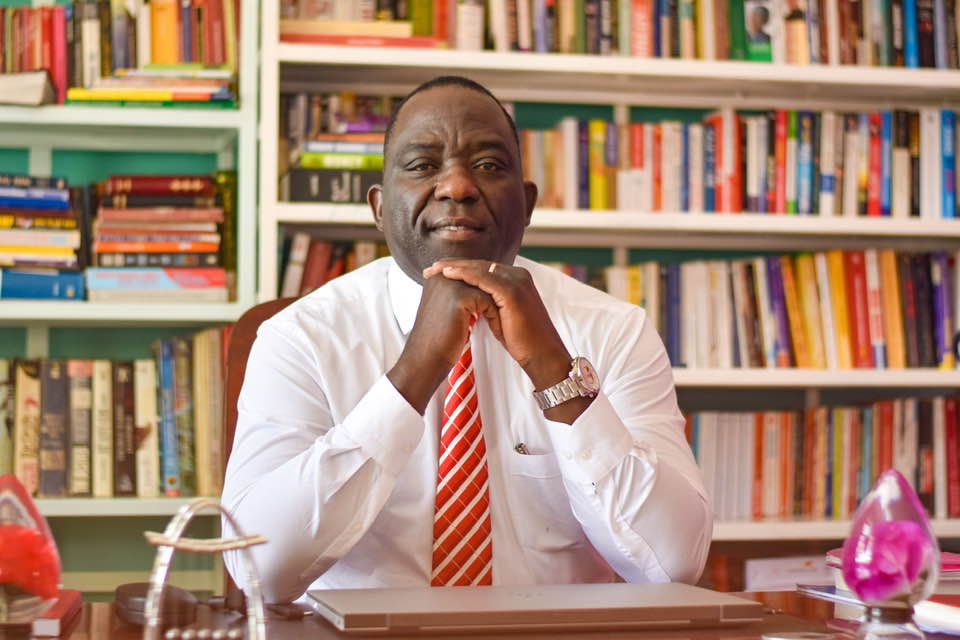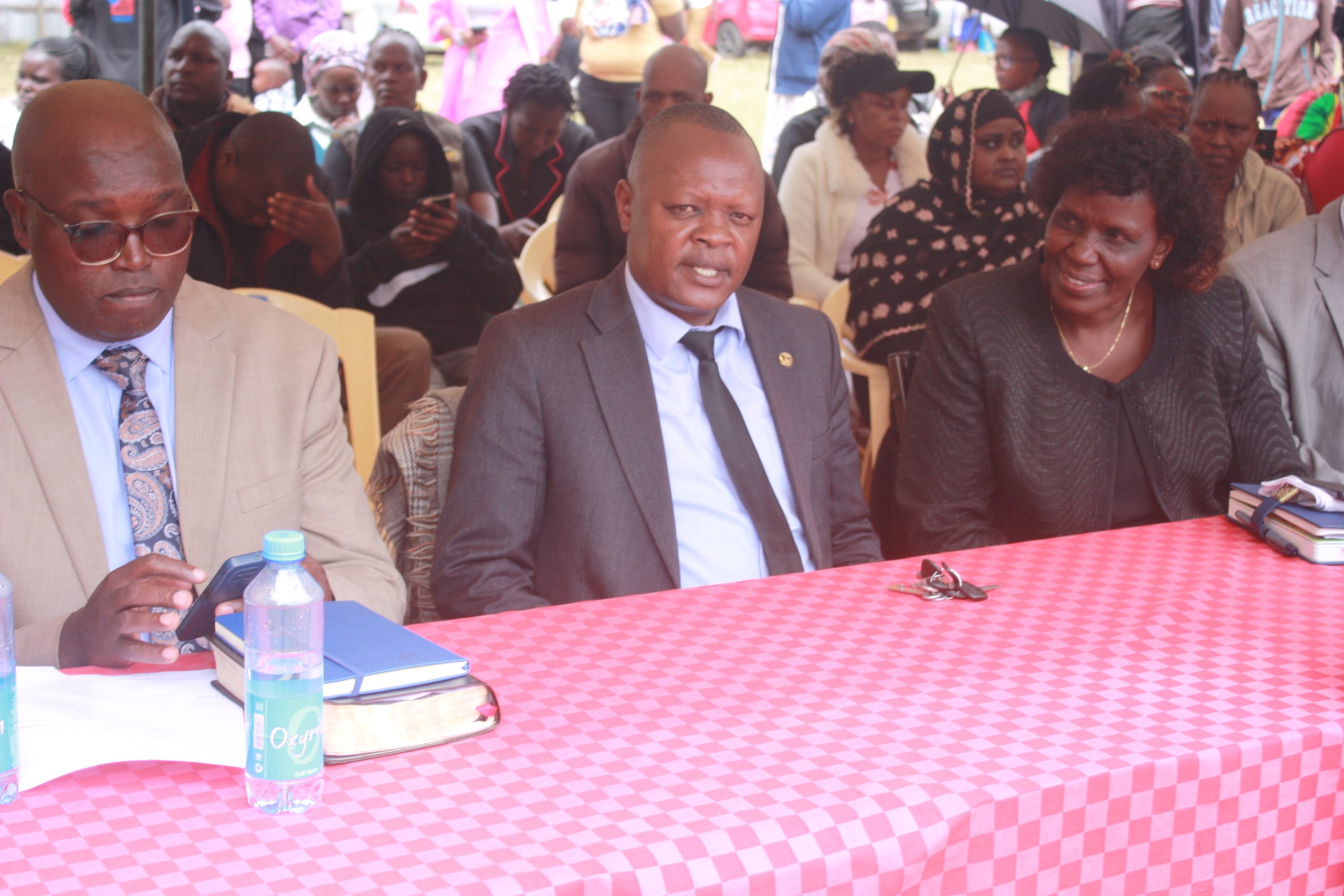Young African innovators, have been challenged to devise practical, tech-driven solutions to pressing societal problems as they embrace artificial intelligence to chart new paths for development.
This was said during the Africa AI Literacy Week Hackathon, where 50 university students from across the continent some attending in person and others remotely from Moi University attended to show case their innovative ideas in the world technology.
Among them was Ian Njenga, whose team emerged victorious for creating a predictive AI tool that analyzes historical market data, real-time trends, and weather conditions to forecast the prices of agricultural products like milk. For Njenga, the invention wasn’t just about innovation but empowerment.
ALSO READ:
Police arrests a man who fled after defiling 14-year schoolgirl in Nyamira
He emphasized that youth-led ingenuity could thrive if supported by access to vital resources such as internet connectivity, laptops, cloud servers and open-access training platforms. .
The event, hosted by Qhala, Huawei, and Konza Technopolis, proved to be more than just a technical competition. It became a reflection of a growing movement in which Africa’s youth are not only learning AI but reshaping its purpose to suit local realities.
Huawei’s Director for Policy and Partnership, Adam Lane, reinforced the tech giant’s backing of grassroots innovation.
He underscored the company’s investment in digital skilling, cloud platforms, and AI tools, while also pointing to their collaboration with the Kenyan government on the Smart Academy platform, which offers free, countrywide access to AI and ICT training.
ALSO READ:
Governor Wanga leads empowerment initiative to keep girls in class
“Huawei is proud to provide the latest skills and resources to build AI solutions, we believe in building local capacity by partnering with government, academia and startups,” said Lane.
Dr. Shikoh Gitau, CEO of Qhala, pushed for deeper cultural engagement with AI. She challenged attendees to consider how artificial intelligence could be translated linguistically and conceptually into African contexts.
By Masaki Enock
You can also follow our social media pages on Twitter: Education News KE and Facebook: Education News Newspaper for timely updates.
>>> Click here to stay up-to-date with trending regional stories
>>> Click here to read more informed opinions on the country’s education landscape






